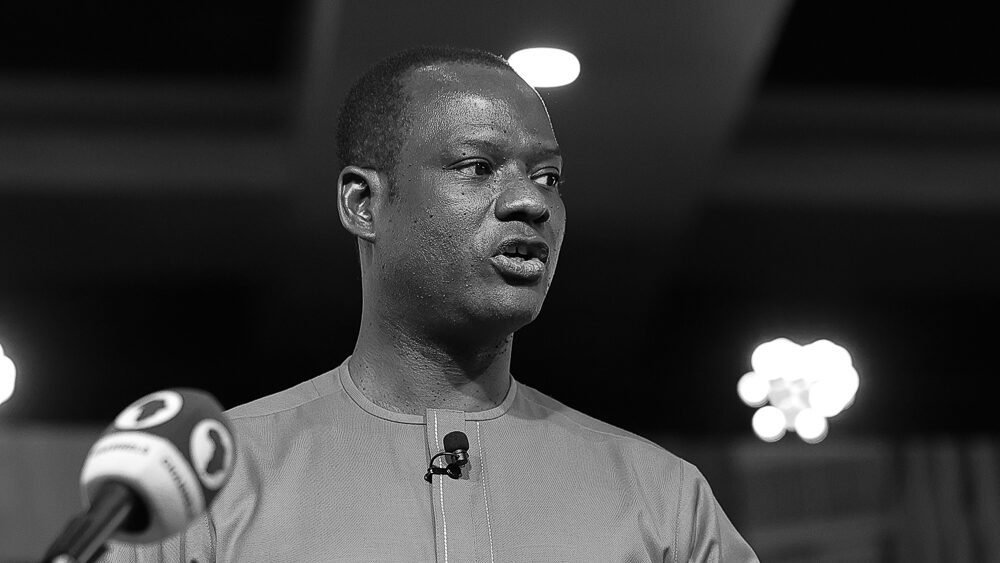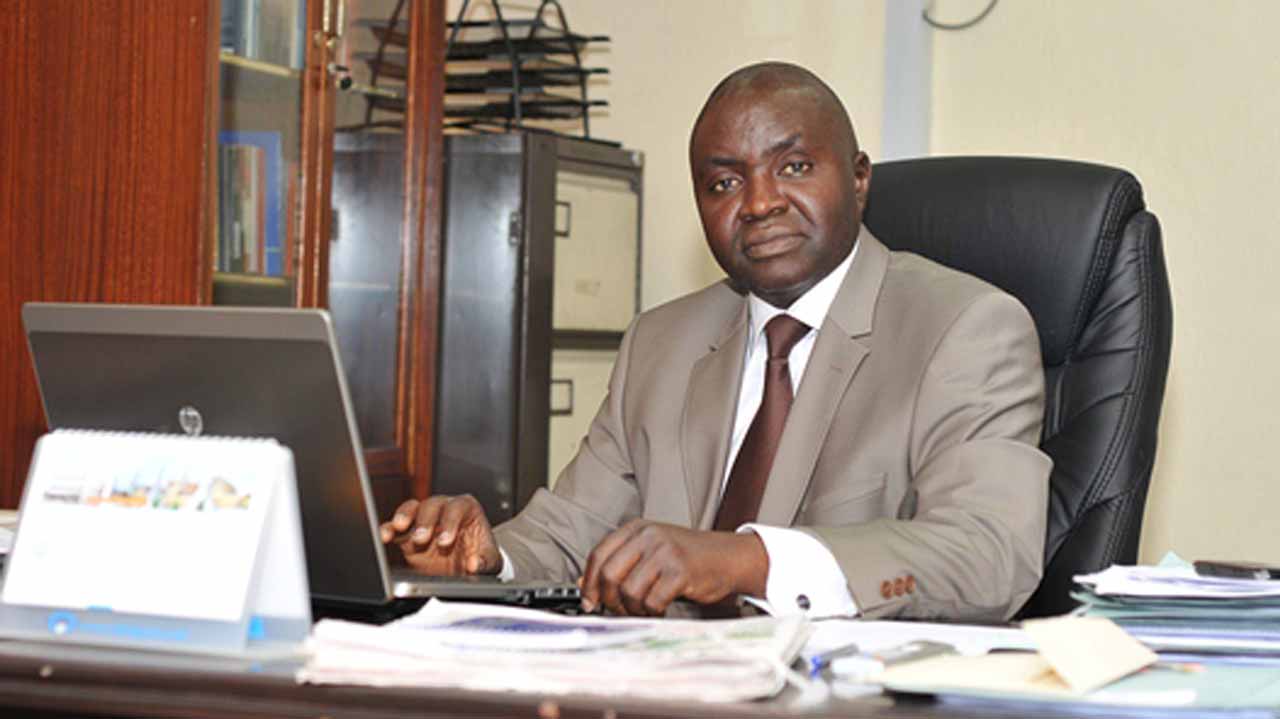•Keeps MPR at 27.50%, CRR at 50% for deposit money banks, 16% for merchant banks, liquidity ratio at 30%, external reserves hit $40 billion
•Cardoso confirms 8 banks have fully scaled recapitalisation hurdles, others doubling efforts
James Emejo in Abuja and NumeEkeghe in Lagos
Central Bank of Nigeria (CBN) yesterday resolved to leave the monetary policy parameters, including the Monetary Policy Rate (MPR), the benchmark interest rate, unchanged at current levels.
The Monetary Policy Committee (MPC) of CBN, after its two-day meeting, unanimously voted to hold policy, retaining the MPR, the rate at which commercial banks borrow from the central bank, at 27.50 per cent.
The bank also retained the asymmetric corridor around the MPR at +500/-100 basis points, Cash Reserve Ratio of Deposit Money Banks at 50 per cent, and Merchant Banks at 16 per cent, and left the Liquidity Ratio unchanged at 30 per cent.
Addressing journalists after the MPC meeting in Abuja, Governor of CBN, Mr. Olayemi Cardoso, said the decision to hold policy rate was premised on the need to sustain the momentum of disinflation and sufficiently contain price pressures.
Cardoso said maintaining the current policy stance will continue to address the existing and emerging inflationary pressure. He added that MPC will continue to undertake rigorous assessment of economic conditions, price development, and outlook to inform future policy decisions.
He stressed that given the persistent uncertainty in the policy environment and underlying price pressures, monetary policy will need to maintain its current stance until risks to inflation receded sufficiently.
The central bank governor reaffirmed the bank’s commitment to price stability mandate, stating that it would take appropriate measures to foster stability and confidence in the economy.
He said the apex bank will continue to assess developments to guide informed monetary policy decisions.
Cardoso also disclosed that the country’s external reserved had increased to about $40 billion as of July 18, 2025, representing about 9.5 months of import cover for goods.
Cardoso, who read the committee’s communique, acknowledged the decline in headline inflation in June, the third consecutive month of deceleration. He stated that this was largely driven by the moderation in energy prices and stability in the foreign exchange market.
Cardoso said despite the positive developments, the committee observed the uptick in month-on-month headline inflation, suggesting the persistence of underlying price pressures.
The CBN governor pointed out that the continued global uncertainties associated with the tariff wars and geopolitical tensions could further exacerbate supply chain disruption and exert pressure on the prices of imported items.
He observed the continued stability in the banking system, evidenced by the stable Financial Soundness Indicators (FSIs), which would further be supported by the on-going banking recapitalisation exercise.
He affirmed that eight banks had fully met the current recapitalisation requirements, while others were making progress towards meeting the March 31, 2026 deadline.
Cardoso said a lot of international investors had continued to show interest in investing in the Nigerian banking sector as confidence continued to grow in the economy.
However, the MPC urged the CBN to sustain its oversight of the banking system to ensure continued resilience, safety, and soundness of the financial system.
Cardoso said the committee acknowledged the efforts of the federal government in improving security and its impact on food production, and further urged the government to continue its support towards timely provision of high-yield seedlings, fertilisers, and other critical inputs for the current farming season.
The MPC also observed the sustained stability in the foreign exchange market, accentuated by improved capital flows, earnings from increased crude oil production, rising non-oil exports, and significant reduction in aggregate imports.
The CBN governor pointed out that recent data on the Purchasing Managers Index (PMI) indicated that the Nigerian economy remained on an expansionary path. He said the external sector also remained stable and resilient, despite persisting uncertainties in the global macroeconomic environment.
He stated, “However, recent developments, especially the persistent tariff war and geopolitical tensions, may continue to disrupt supply chains and exert upward pressure on the prices of imports.
“Disinflation in the advanced economies has slowed, prompting major central banks to be cautious of upside risks to inflation. In the emerging markets, central banks continue to calibrate monetary policy to their domestic conditions, noting the persisting risks to inflationary pressures.”
Cardoso said CBN staff projections indicated a further decline in inflation in the coming months, underpinned by the current tight monetary policy stance, stable exchange rate, declining PMS prices, and moderation in food prices as the harvest season approached.
Addressing questions from journalists about the temporary regulatory forbearance granted some banks as well as the recapitalisation demands, Cardoso said, “With respect to forbearances that you refer to, they are all temporary ones, and really and truly are in line with Basel requirements all over the world. It’s nothing that is unique to Nigeria, absolutely not unique to Nigeria; that we’ve asked some of the banks to ensure that the provisioning strategies are in line with what should help them to create the buffers to ensure that dividends are not paid and that investments are kept in appearance for a certain period of time.
“This is normal. There’s nothing new about that. It is very normal and is a well in line with our oversight functions. And as I said, the numbers should, not only with us, but even with the banking system, begin to speak for themselves. The capital adequacy ratio is 13 per cent and, of course, liquidity levels are 50 per cent, and NPLs at the five per cent threshold.”
He added, “And let me also say that in addition to that, we have one bank that has raised a significant amount of money on the London Stock Exchange.
“That clearly is a reflection of the way that the international investors view the banking system, and I was again very privileged to have a conversation with a good number of them about three or four weeks before this listing took place.
“And really and truly, a lot of interest, I must say, a lot of interest internationally, on putting money on the Nigerian financial system.
“The key thing is that we, as regulators, will continue to play our part to ensure that the system and the players and the actors continue to do what we are doing, creating resilience, creating buffer, and, of course, playing by the rules, because that is so important for those who are looking to invest that they can believe and they trust in you.”





